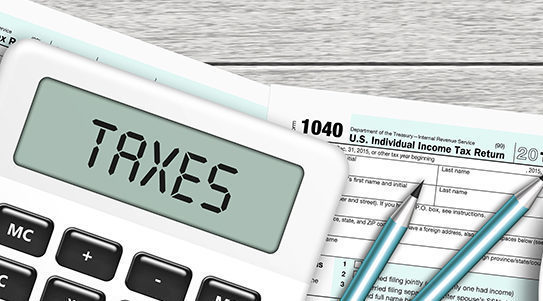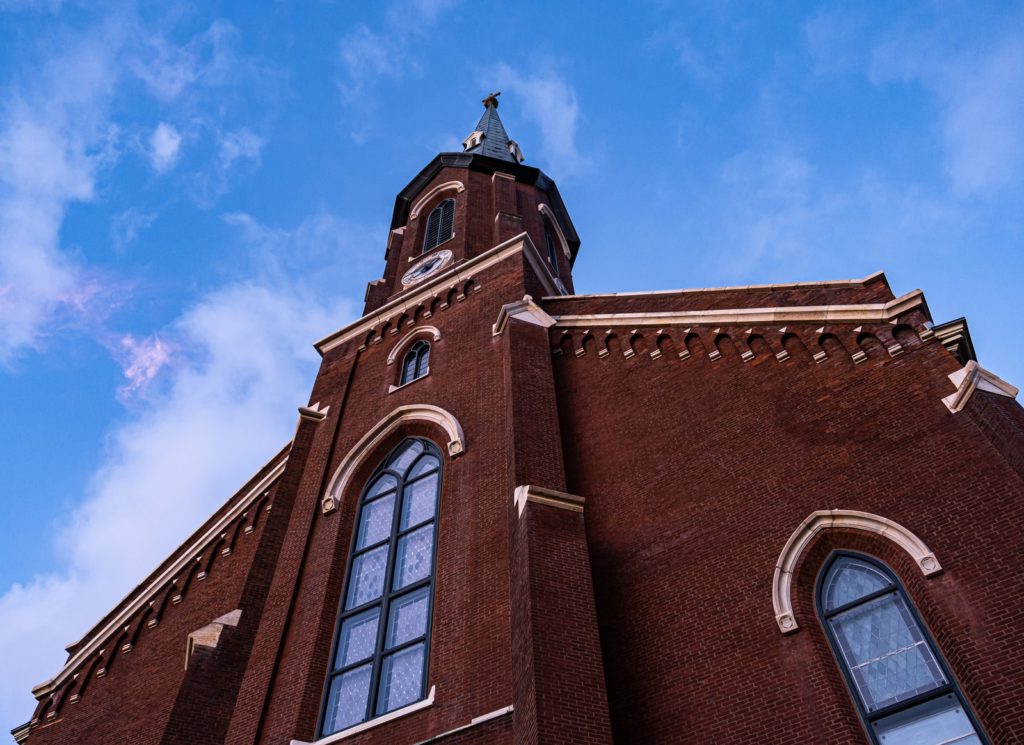A three-judge panel of the Seventh Circuit Court of Appeals in Chicago ruled unanimously March 15 that the long-standing clergy allowance does not violate the First Amendment clause that prohibits government establishment of religion. The decision reversed a federal judge’s 2017 opinion that invalidated the allowance as a violation of the establishment clause.
A 1954 federal law permits churches to designate part of eligible ministers’ income as a housing allowance, enabling “ministers of the gospel” to exclude for federal income tax purposes a portion or all of their gross income. The Internal Revenue Service (IRS) has interpreted “ministers of the gospel” to include leaders of other religious faiths.
The Seventh Circuit panel ruled the housing allowance is constitutional under two of the U.S. Supreme Court’s church-state precedents. The allowance, the judges said, “falls into the play between the joints of the Free Exercise Clause and the Establishment Clause: neither commanded by the former, nor proscribed by the latter.”
GuideStone Financial Resources — the Southern Baptist Convention’s health and financial benefits entity — expressed gratitude for the decision.
“We are thankful that the Seventh Circuit sided with a host of legal experts that the housing allowance allows churches of all types to best provide for their pastors’ needs without favoring any one over the other,” GuideStone President O.S. Hawkins said in a news release.
GuideStone expects challenges to the allowance to continue “as groups like the Freedom From Religion Foundation seek to undermine churches and ministries in any way they can,” Hawkins said. “We will continue to monitor future cases and stand ready to advocate alongside our Southern Baptist family and alongside a coalition of large and historic pension boards for the benefit of the pastors we are privileged to serve and, indeed, pastors throughout this country.”
In oral arguments in October before the Seventh Circuit panel, Justice Department lawyer Jesse Panuccio argued the allowance passes both establishment clause standards. Becket, a religious freedom organization, also argued on behalf of the allowance.
The Seventh Circuit panel “rightly recognized that striking down the parsonage allowance would devastate small, low-income houses of worship in our neediest neighborhoods and would cause needless conflict between church and state,” said Luke Goodrich, vice president and senior counsel at Becket, which represented some Chicago clergy and churches in the case. “The tax code treats ministers the same as hundreds of thousands of nonreligious workers who receive tax-exempt housing for their jobs –that’s not special treatment, it’s equal treatment.”
Federal law also permits housing allowances for certain employees, including members of the U.S. military, workers living overseas and employees of educational institutions.
FFRF continued to criticize the housing allowance after the court issued its opinion.
The housing allowance is “an injustice not just to us, but to taxpayers who have to pay more than their share, because clergy pay less,” said Annie Gaylor, FFRF’s co-president, in a written release. “The housing allowance is so clearly a handout to churches and clergy, and it so clearly shows preferential treatment and discriminating in favor of ministers.”
Federal Judge Barbara Crabb of Wisconsin has twice ruled the housing allowance is unconstitutional. The Seventh Circuit overturned Crabb’s 2013 ruling, finding the FFRF — a Wisconsin-based atheist organization — lacked the legal right, known as “standing,” to challenge the allowance. This time, the appeals court agreed with Crabb that FFRF had “standing” because the IRS rejected its leaders’ efforts to claim the ministerial allowance.
The lawsuit did not threaten the part of federal law that enables tax-free use of a parsonage or other home owned by a church or another religious body. (Baptist Press)






Share with others: